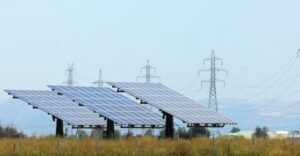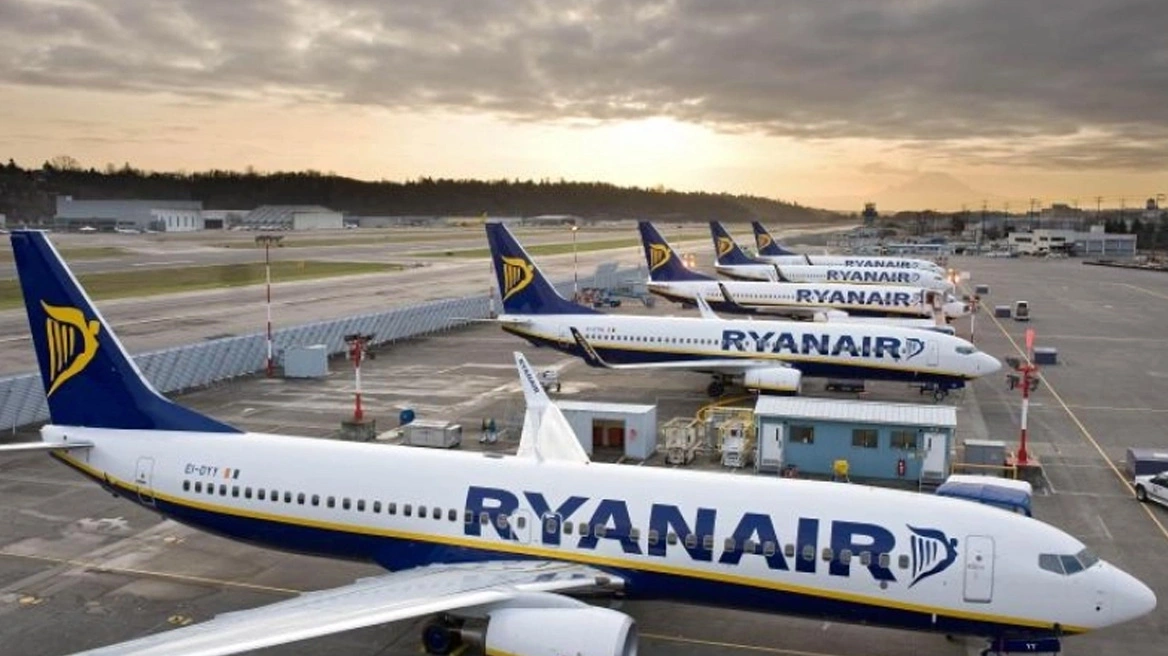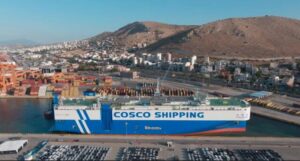About a month ago, specifically on January 29, European Commission President Ursula von der Leyen presented the so-called “competitiveness compass” for the European economy. This will serve as the European Union’s main tool to bridge the gap with the United States and China, with one of its key pillars being the simplification of rules regarding how large and small-to-medium enterprises (SMEs) in the EU comply with environmental targets, allowing them to focus on growth and innovation.
Today, the European Commission unveiled a bold plan to simplify state aid rules in the energy sector, mitigate risks associated with power purchase agreements, and relax regulations governing natural gas storage, aiming to reduce costs for European industries and households.
The “Clean Industry Agreement” Framework
As part of the so-called “Clean Industry Agreement,” the European Commission proposes streamlining regulations on natural gas storage while urging member states to minimize their natural gas usage as much as possible, replacing it with electricity instead. To help finance these efforts, the European Investment Bank is set to play an active role in assisting EU member states in renewing and expanding electricity grids to meet the EU’s climate goals.
At the same time, EU member state governments are encouraged to offer tax breaks and financial incentives to businesses investing in clean technologies, while the Commission is exploring ways to help national governments shield consumers from rising natural gas prices, possibly through subsidies.
Rare Earths and Circular Economy
Meanwhile, the Commission is tackling another major challenge the EU faces in its effort to wean itself off fossil fuels: access to rare earth elements, particularly lithium, which is essential for manufacturing electric vehicles and batteries for storing wind and solar energy.
Serbia has announced a massive lithium mining project, but it remains outside the EU. Meanwhile, the Portuguese government, which hopes to launch the EU’s largest lithium mining and processing facility, is facing opposition from environmental organizations resisting the project.
To avoid new mining operations and reduce the EU’s excessive dependence on imports, the Commission is setting targets to recycle more of these minerals, aiming for a 24% recycling rate by 2030, up from the current 12%.
The Driving Forces Behind EU Industrial Success
Lower Energy Costs
Affordable energy is the foundation of competitiveness. Therefore, the Commission has approved an action plan for affordable energy to lower energy bills for industries, businesses, and households. The law will accelerate clean energy deployment, fast-track electrification, complete the internal energy market with physical interconnections, improve energy efficiency, and reduce reliance on imported fossil fuels.
Ask me anything
Explore related questions





